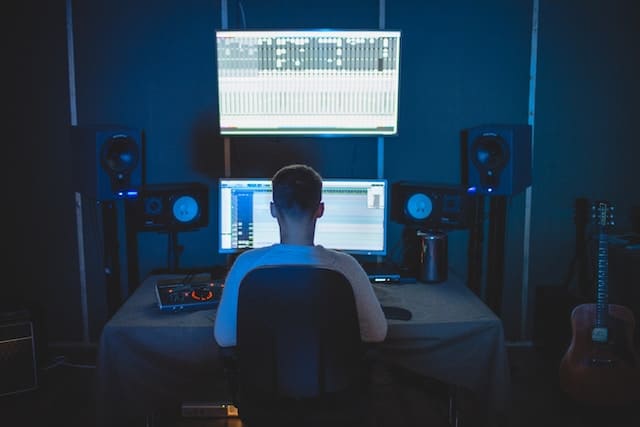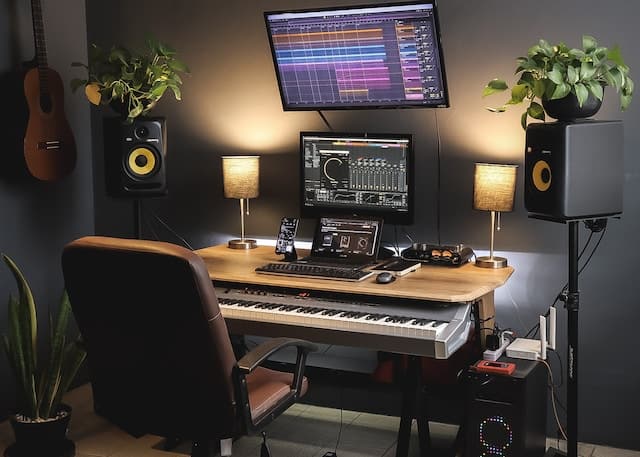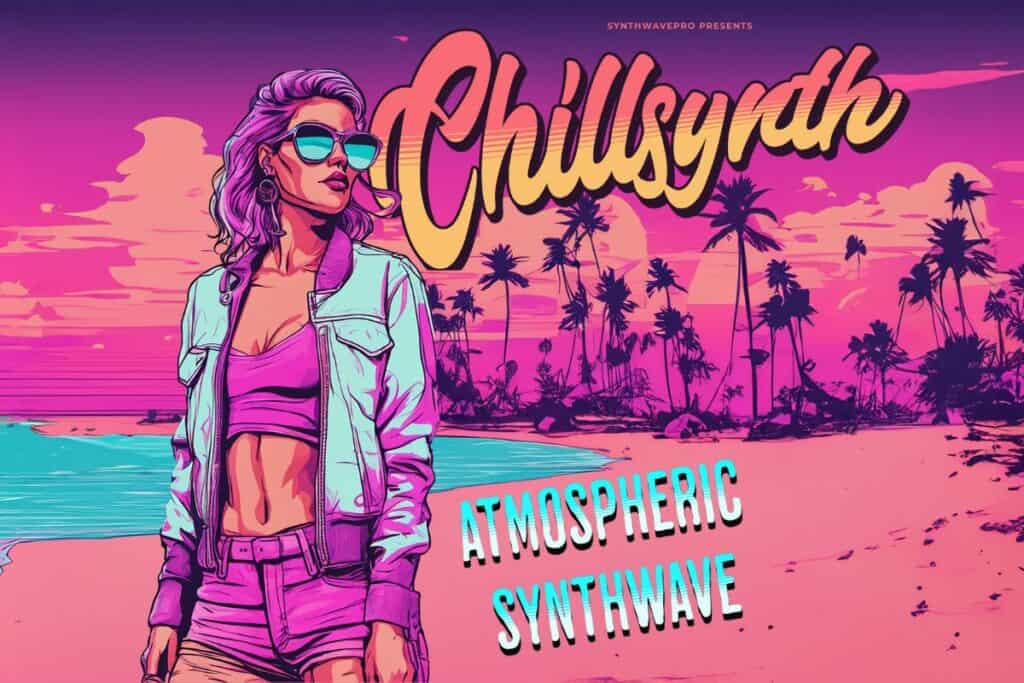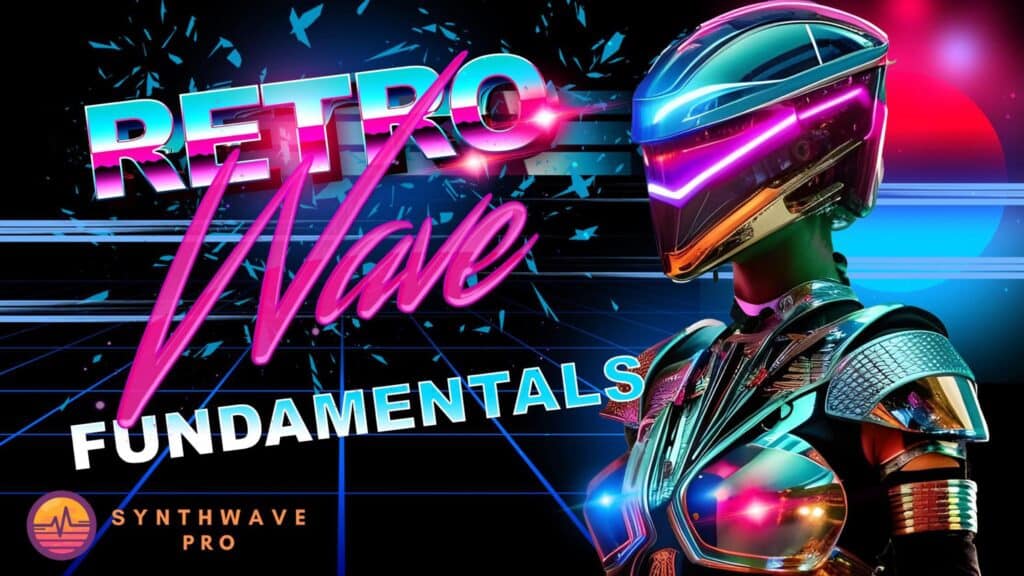The process of creating music is a deeply personal and intricate journey that often requires a delicate balance between inspiration and focus. One of the keys to unlocking your full creative potential is achieving a state of flow – a mental state where you are fully immersed and absorbed in the task at hand. In this blog post, we will explore effective strategies to help you maintain a state of flow when writing music and prevent overall burnout.
Create a dedicated space
Establishing a dedicated and comfortable workspace can significantly impact your ability to enter a state of flow. Choose a quiet and organized environment free from distractions, allowing you to fully engage with your musical ideas without interruption.

Set clear goals
Before diving into your music composition, set clear and realistic goals. Whether it’s completing a specific section, experimenting with a new instrument, or exploring a particular theme, having a clear roadmap will help you stay focused and motivated. Here’s more info on effective music production techniques that can help speed up the song-writing process.
Eliminate distractions
In the age of constant connectivity, it’s crucial to minimize distractions. Turn off notifications on your phone, close unnecessary tabs on your computer, and inform those around you that you need some uninterrupted time. By creating a distraction-free zone, you enhance your ability to immerse yourself in the creative process.

Start with a ritual
Establishing a pre-writing ritual can signal to your brain that it’s time to transition into a creative mode. This could be as simple as making a cup of tea, taking a short walk, or listening to a piece of music that inspires you. Engaging in a consistent ritual can act as a trigger for your mind to enter the flow state more effortlessly.
Embrace constraints
While limitless possibilities can be exciting, they can also be overwhelming. Embrace constraints by setting limitations on your musical palette, such as working within a specific genre, using a limited set of instruments, or adhering to a certain time signature. Constraints can foster creativity by encouraging you to find innovative solutions within defined parameters.
Practice mindfulness
Mindfulness techniques, such as meditation and deep breathing, can help calm your mind and enhance your ability to concentrate. Take a few moments to center yourself before beginning your writing session. This mindfulness practice can pave the way for a smoother entry into the flow state. It’s never too late to practice these new techniques that can improve your overall outlook on the music production process.
Experiment and play
Allow yourself to play and experiment without the pressure of creating a masterpiece. Sometimes, the most remarkable ideas emerge when you let go of perfectionism and embrace the joy of exploration. Play with different sounds, chord progressions, and rhythms to discover new avenues for your creativity to flow.
Take breaks
While it may seem counterintuitive, taking short breaks can be essential for maintaining a state of flow. Step away from your workspace, stretch, or engage in a different activity for a few minutes. This can prevent burnout and refresh your mind, allowing you to return to your music writing with renewed focus.
Conclusion
Achieving and maintaining a state of flow when writing music is an ongoing process that requires a combination of self-awareness, discipline, and creativity. By implementing the strategies discussed in this blog post, you can create an environment that nurtures your musical inspiration and enables you to express your creativity more freely. Remember, the journey of writing music is as important as the destination, and finding your unique flow state is a continuous and rewarding pursuit.
Recent Posts
The Synthwave Song Writing Start to Finish Guide: Getting That Warm, Analog Sound In the Box
If you’re making synthwave, you’ve probably fallen in love with the sound of the 1980s:Warm synths, punchy drums, saturated tape textures, and a glowing analog aesthetic that feels nostalgic and...
What’s the Most Frustrating Part of Making Music And How to Overcome It
Music creation can be one of the most rewarding forms of self-expression. But let’s be honest—it can also be maddening. That moment when inspiration strikes… only to be blocked by technical...



